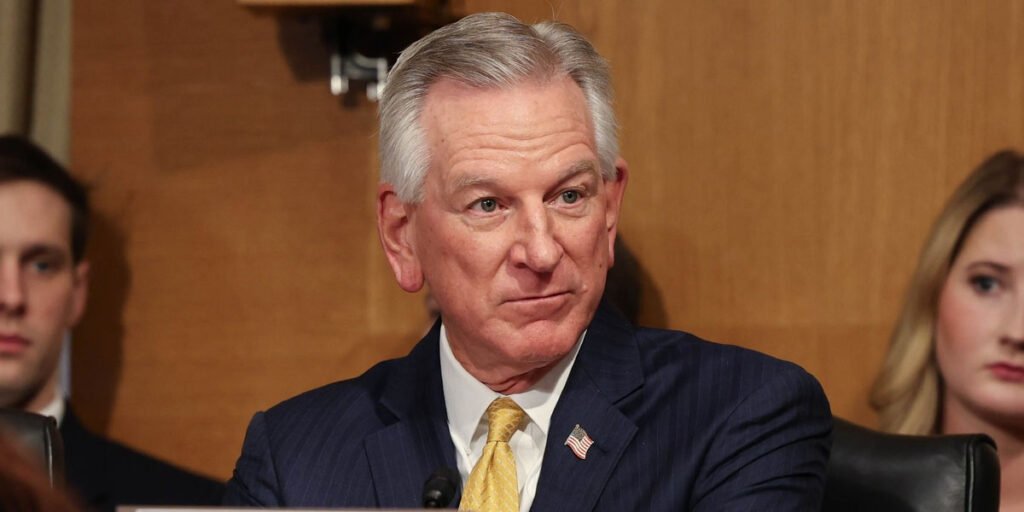Concerns Over Medicaid Provider Tax Freeze
U.S. Senator Tommy Tuberville has raised alarms about the possible repercussions of a proposed freeze on the provider tax, which is essential for Medicaid funding. He cautions that this measure could lead to significant financial strain, especially in rural regions such as Alabama.
The proposed negotiations seem to breach certain provisions regarding federal Medicaid support while the Senate deliberates over substantial tax and spending plans backed by former President Donald Trump. A key point of discussion is the freeze on the “provider tax,” which enables states like Alabama to obtain federal matching funds necessary for sustaining their Medicaid programs.
According to reports, provider taxes are levied on hospitals and healthcare providers to assist with state Medicaid payments. Some critics label this system a loophole that allows states to pad their budgets, while many lawmakers contend that freezing or eliminating these taxes could severely affect healthcare access in less populated states.
Last week, Tuberville (R-Auburn) elaborated on the potential consequences for Alabama. “When you start cutting Medicaid funding, we’re going to face serious issues,” he remarked. He also noted that the removal of these funding sources could result in a loss of beneficiaries.
Earlier this year, he emphasized the impact these funding changes would have on children, noting, “In Alabama, three out of five children are on Medicaid. This is going to be a tough situation, and it’s one we need to sidestep.”
This concern emerges amid broader GOP negotiations to reconcile competing party priorities. While the House has passed the bill, the Senate is now tasked with addressing the worries of members from rural states, where Medicaid is a vital safety net, and many hospitals function with very tight budgets.
Reports indicate that Tuberville remains doubtful about the feasibility of budget cuts that might influence Medicaid. He referenced the House’s $880 billion proposal, questioning, “It’s hard to understand a solid plan around $880 billion for Medicaid.”
Currently, 19 rural hospitals in Alabama face potential closure, underscoring the critical situation in states reliant on provider taxes to support healthcare facilities.
As Senate leadership aims to finalize the bill before the July 4 recess, Tuberville may play a significant role in shaping its final version, especially in efforts to shield vulnerable rural health systems from any unintended consequences.







